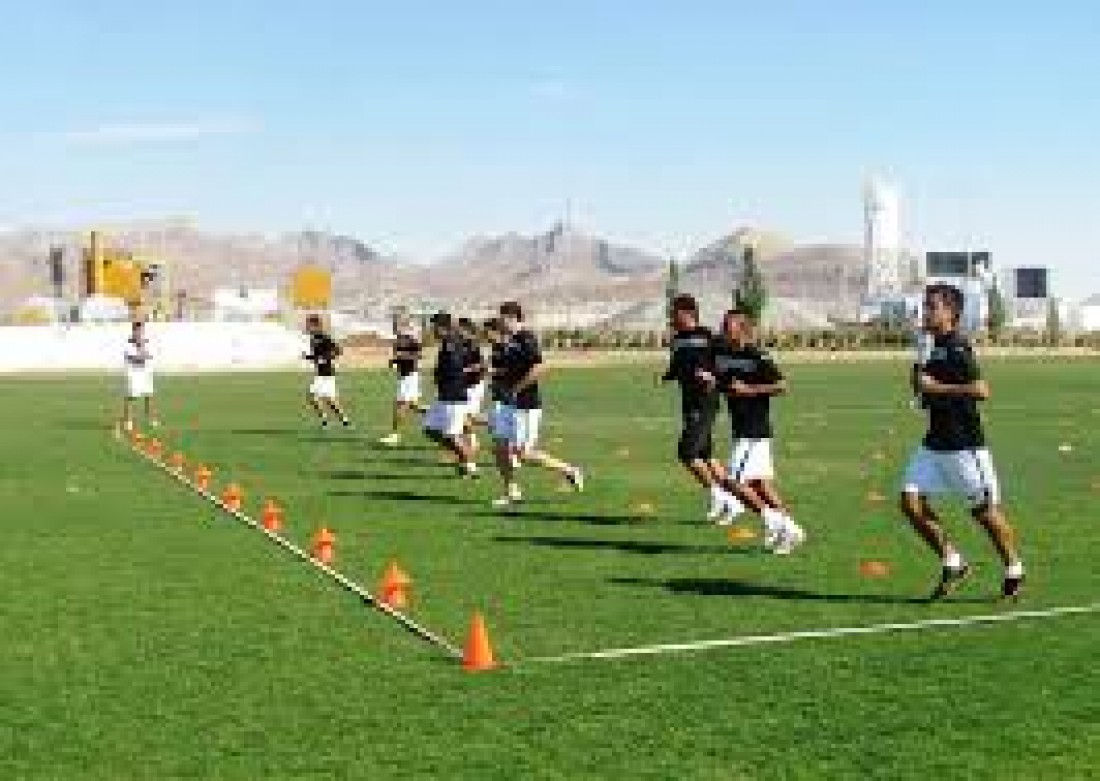In my most recent class, we were asked to write a small report explaining the concepts of reliability and validity as they relate to research methods, and subsequently to provide a sports science-related example of these two concepts. For me, this seemed like the perfect opportunity to profile my favourite soccer-specific fitness test, the Yo-Yo Intermittent Recovery Test. below is the short paper.
I’d love to hear your thoughts about this topic. Drop me a line here to get the conversation started.
The Yo-Yo Intermittent Recovery Test, created by researchers from the University of Copenhagen in Denmark, is a test of aerobic and anaerobic fitness that has been proven to be both reliable and valid. Comprising an incrementally faster 2 x 20 metre shuttle run, with a 10-second recovery period between each shuttle run, the Yo-Yo Intermittent Recovery Test has become one of the most popular on-field fitness tests in the sport of soccer, as well as in many other field sports.
The Yo-Yo test is reliable because it has been repeated thousands of times and has always been shown to have the same consistency and accuracy of measurement. A recent study by Krustrup et. al. (2006) reported that the Yo-Yo Intermittent Recovery Test was shown to have a very high test-retest consistency among Danish Professional soccer players, when the same players were tested multiple times. Whenever players get the same score (or close to the same score) on multiple trials of a test of physical fitness, the test can be said to be a reliable measurement tool.
The Yo-Yo Intermittent Recovery Test has also been shown to be a valid predictor of high intensity running ability (Krustrup et. al., 2007). High intensity running done by players (measured using time-motion analysis with global positioning satellite or GPS) was shown to be very well correlated to players’ performance on the Yo-Yo Test (Krustrup et. al., 2007). Because high intensity running is one of the key factors that differentiates between higher and lower levels of play in soccer (as well as in other field sports), the fact that the Yo-Yo Test is a valid predictor of high intensity running ability means that the Yo-Yo Test should also be a good predictor/differentiator between levels of play amongst soccer players.
References:
Krustrup, P., Mohr, M., Amstrup, T., Rysgaard, T., Johansen, J., Steensberg, A., Pedersen, P.K., Bangsbo, J. (2006). The yo-yo intermittent recovery test: physiological response, reliability, and validity. Medicine in Sports and Exercise Science, 13: 1666-1672


Leave A Comment